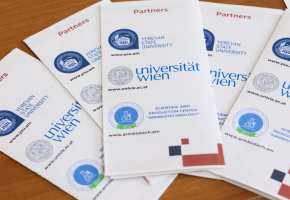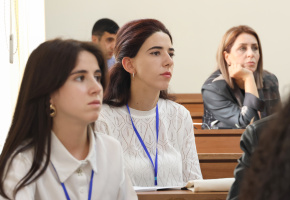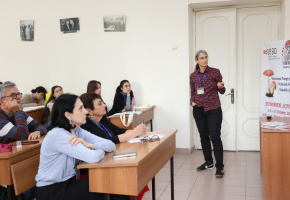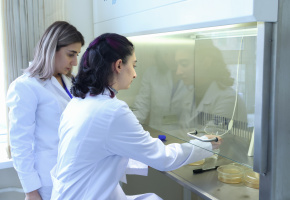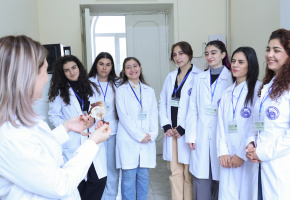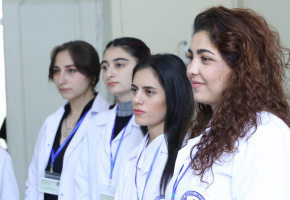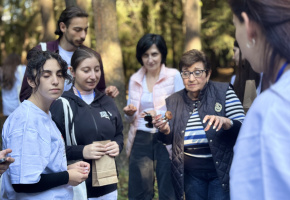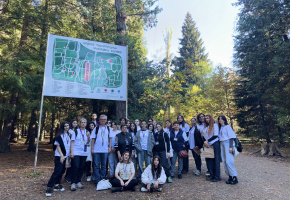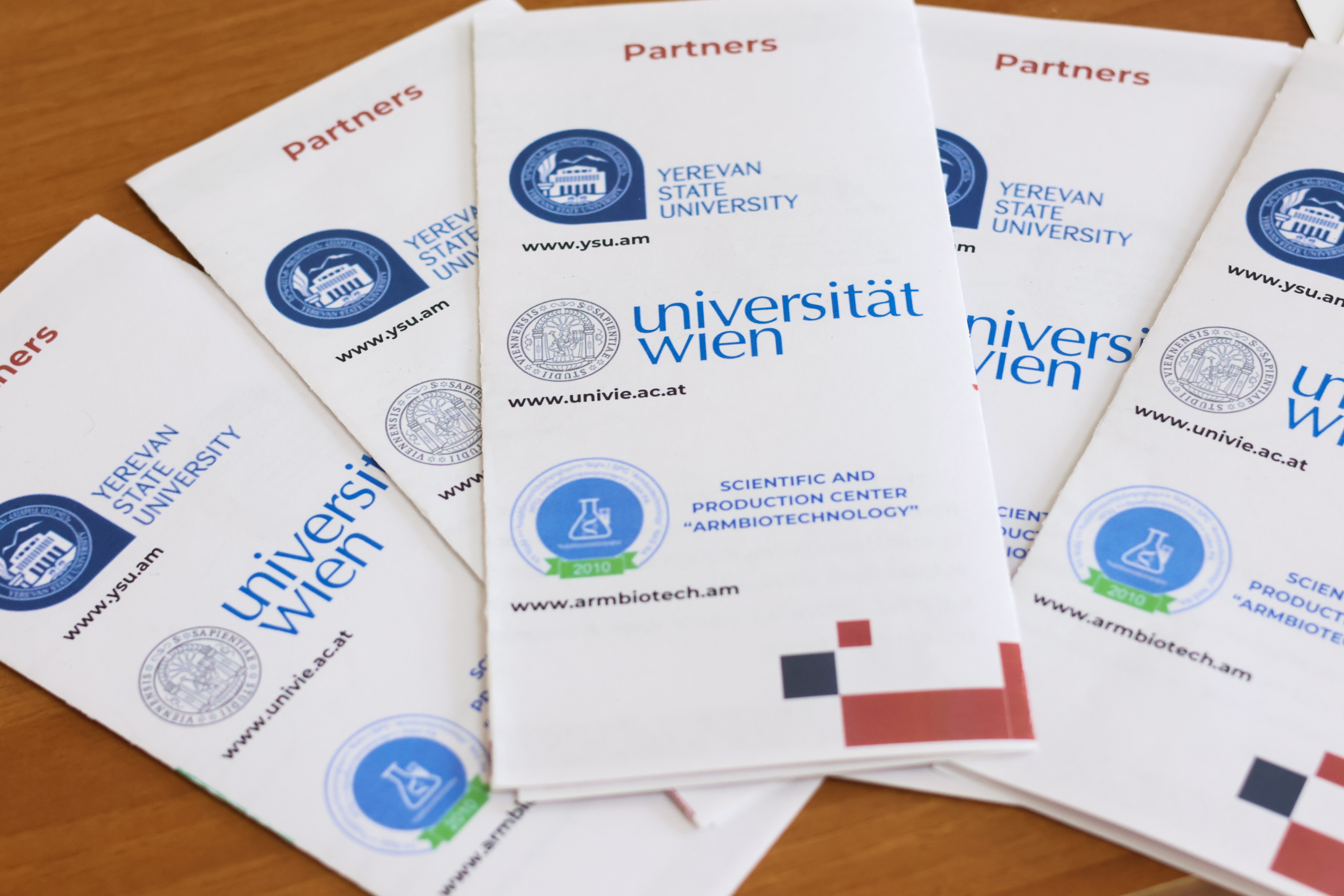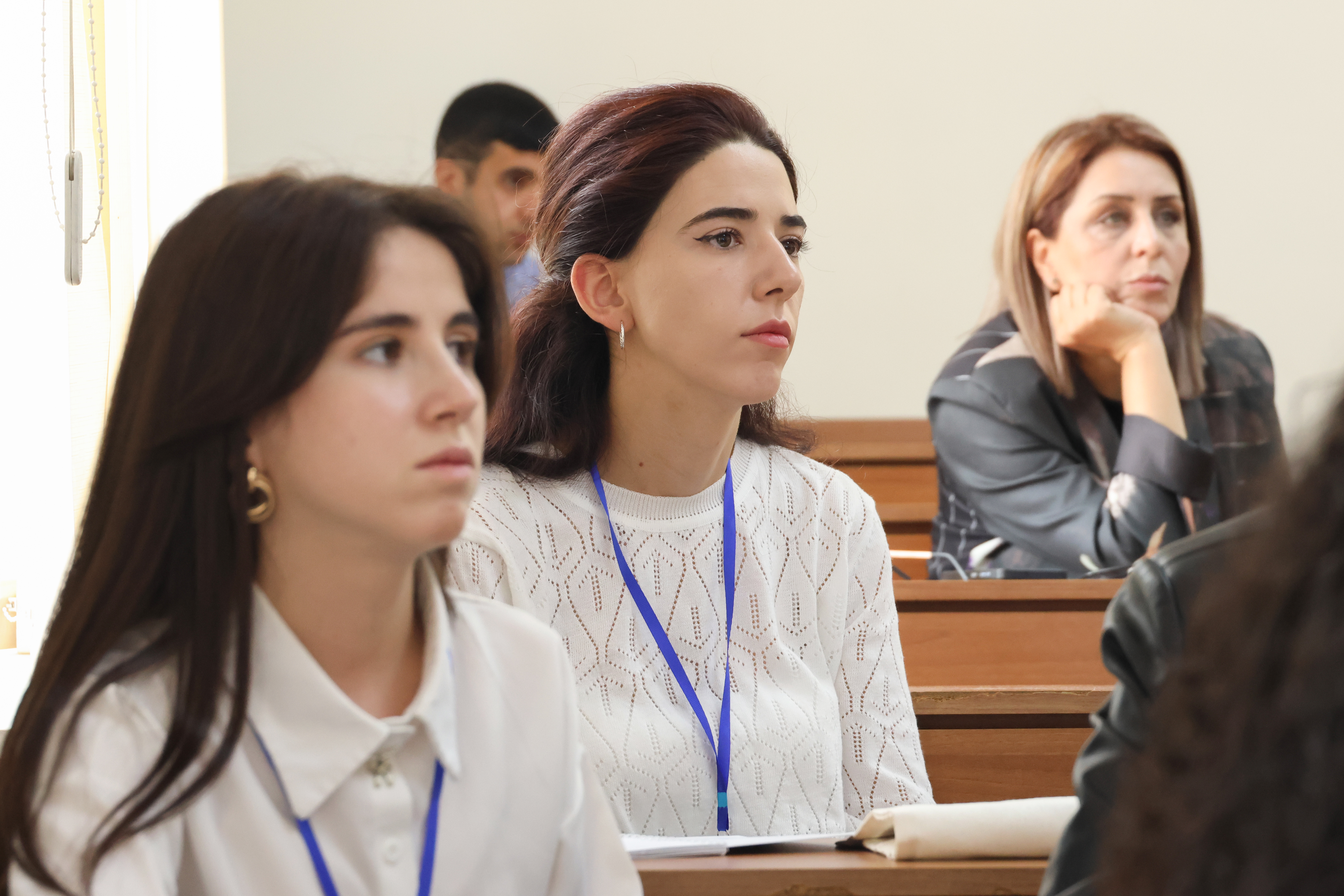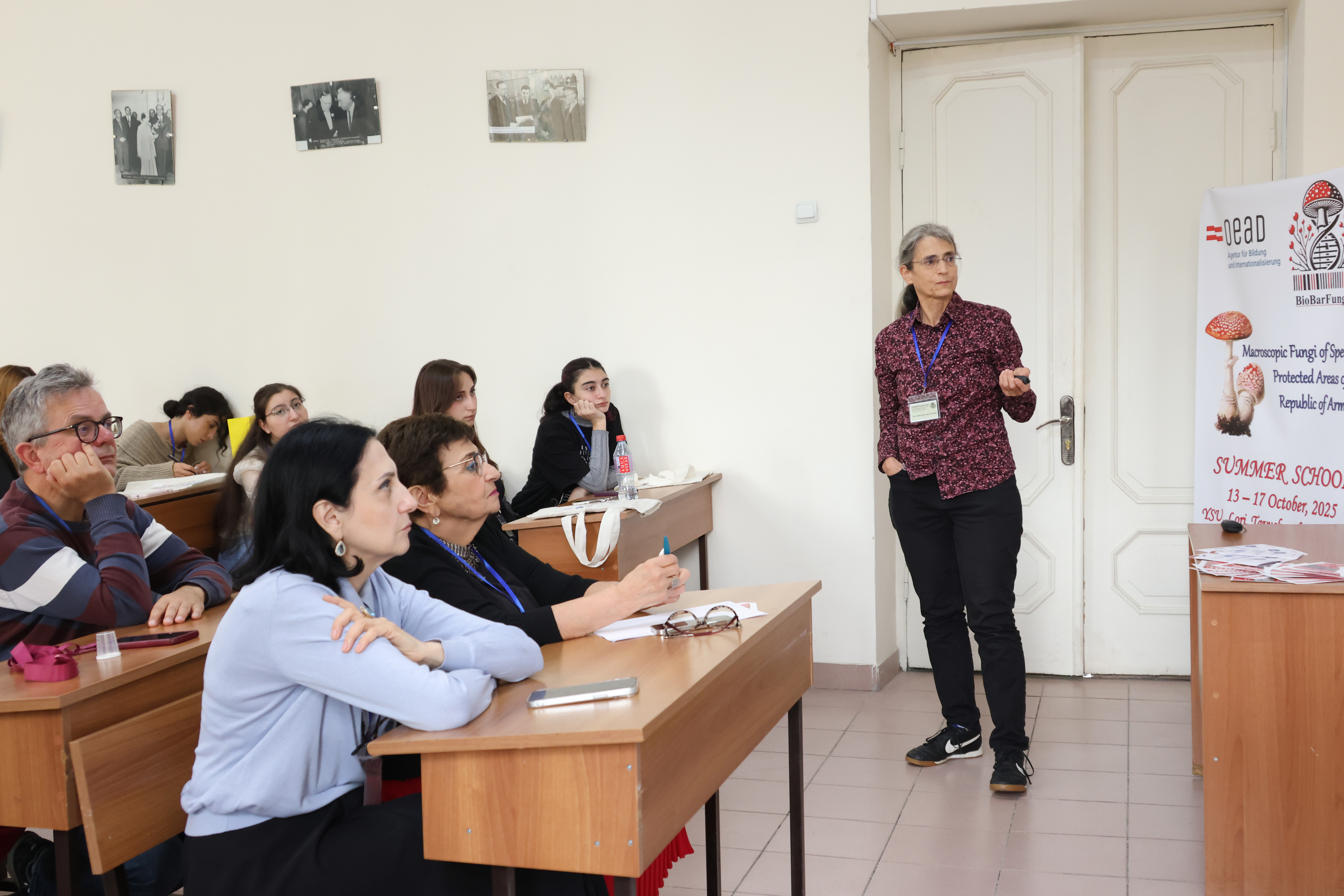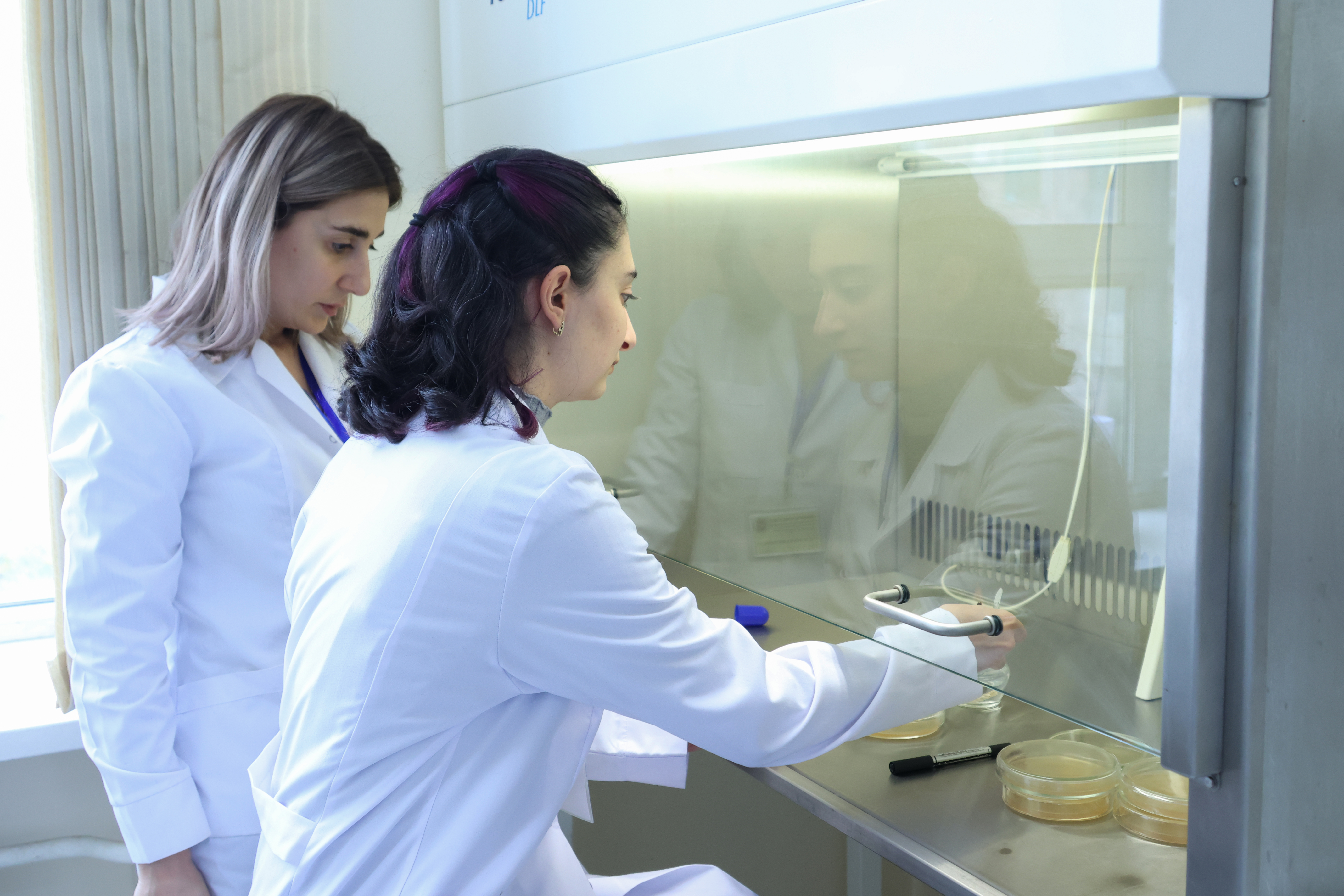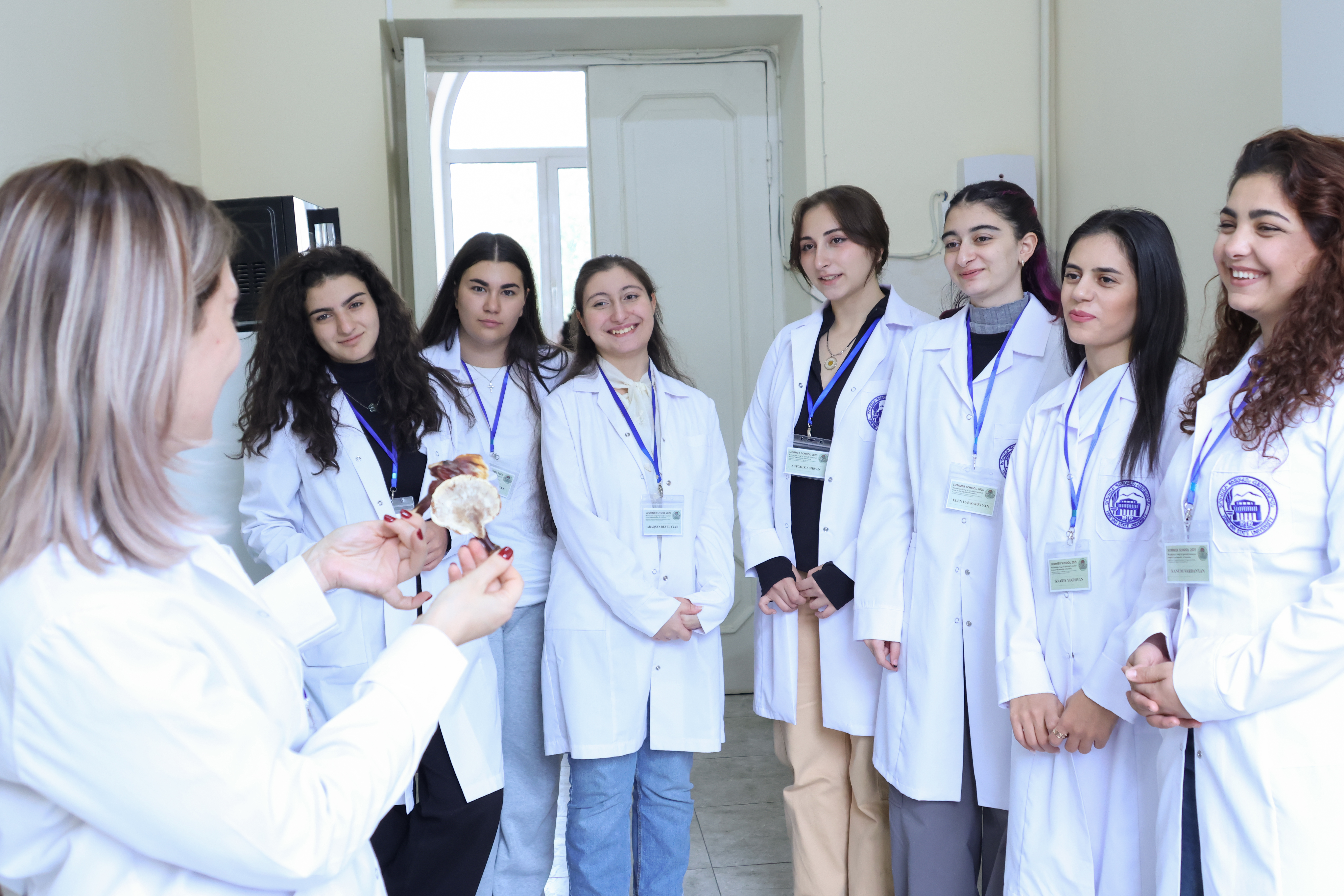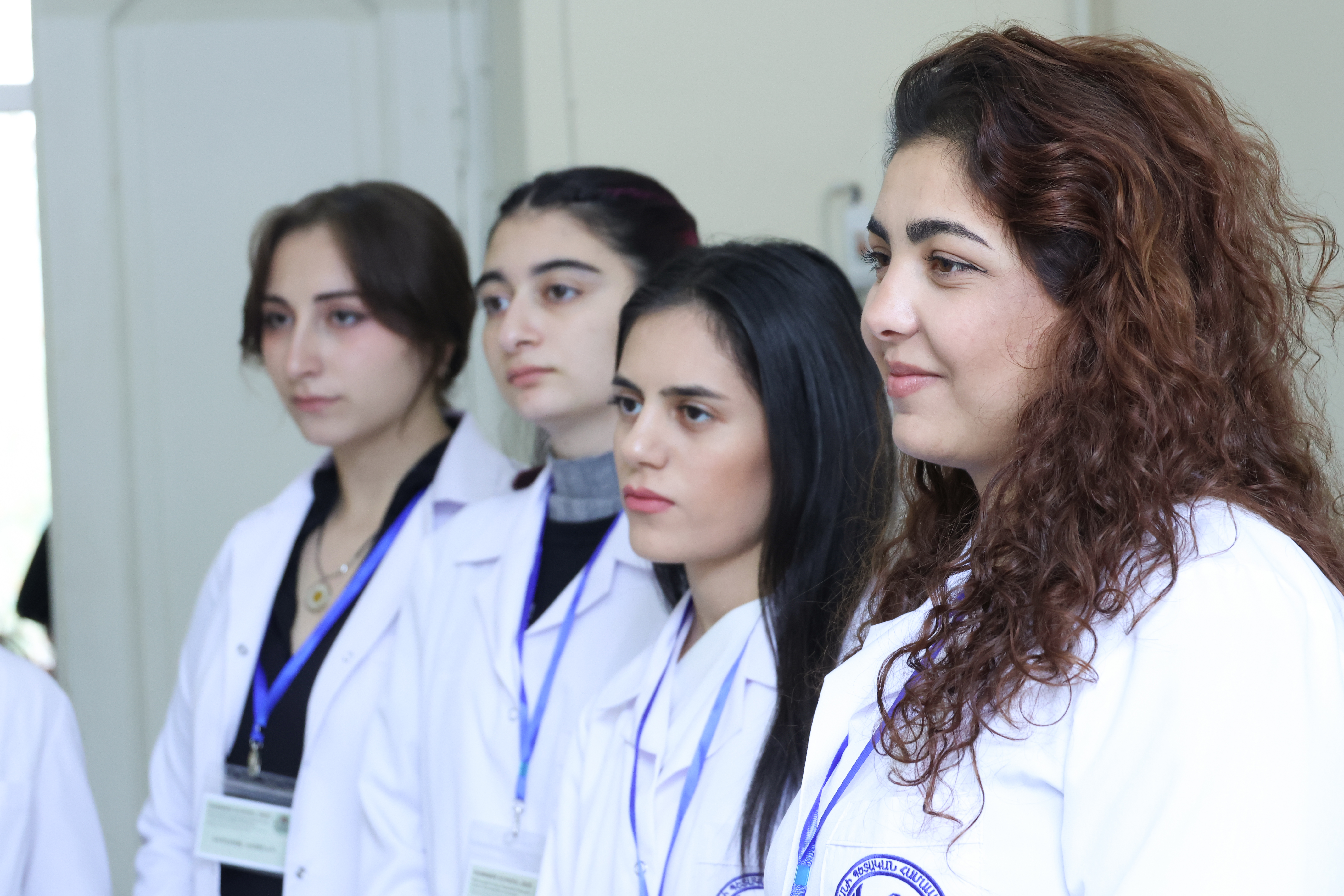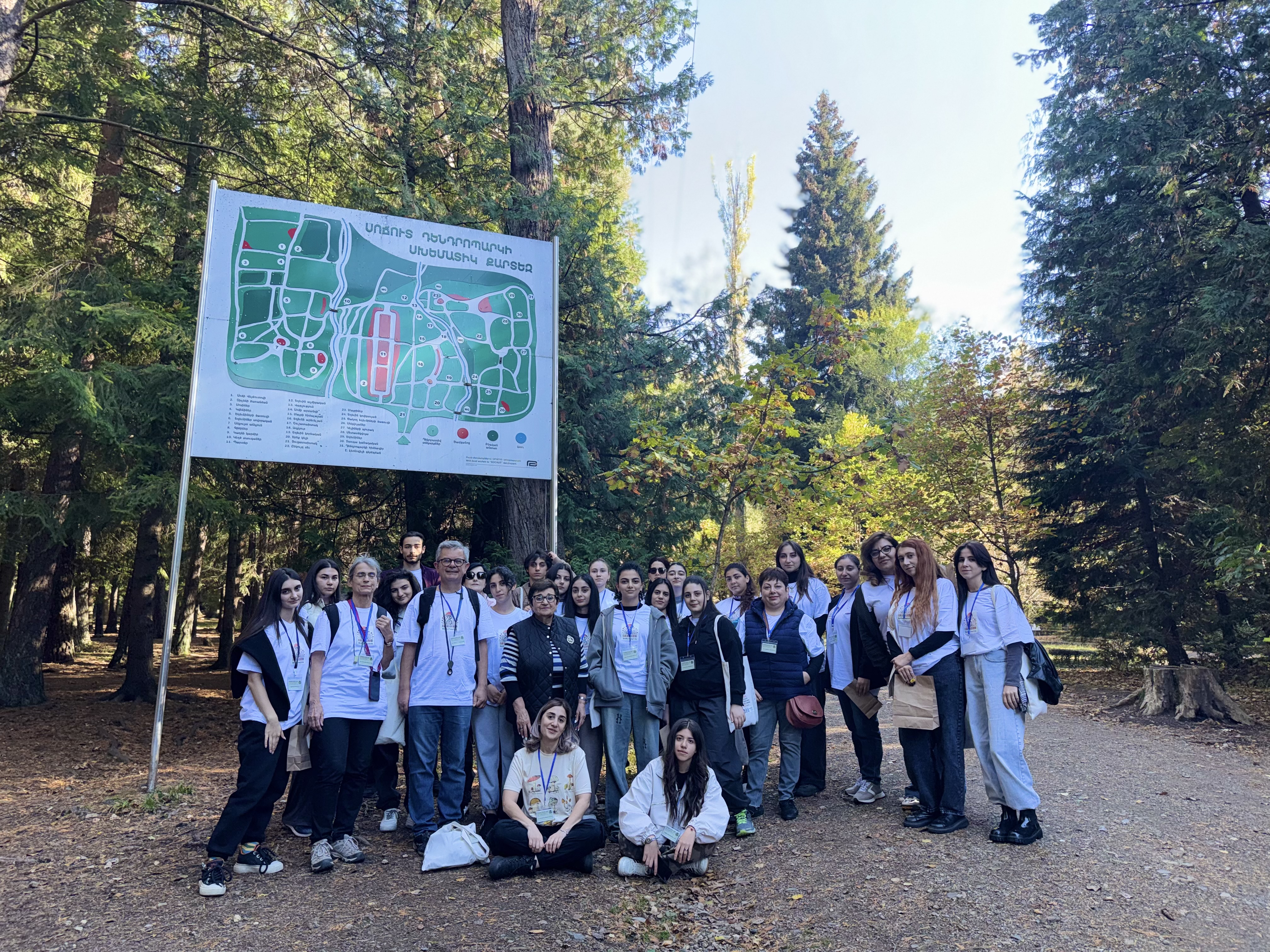October 16, 2025 | 15:28
Science
Research
Student
Summer school "Macroscopic Fungi of Specially Protected Areas in Armenia" held at YSU
YSU hosted a five-day summer school titled "Macroscopic Fungi of Specially Protected Areas of Armenia," jointly organized by the Chair of Botany and Mycology at YSU Faculty of Biology and the Department of Botany and Biodiversity Research at the University of Vienna. The program offered students the opportunity to deepen their knowledge and gain practical experience in mycology through both fieldwork and laboratory sessions.
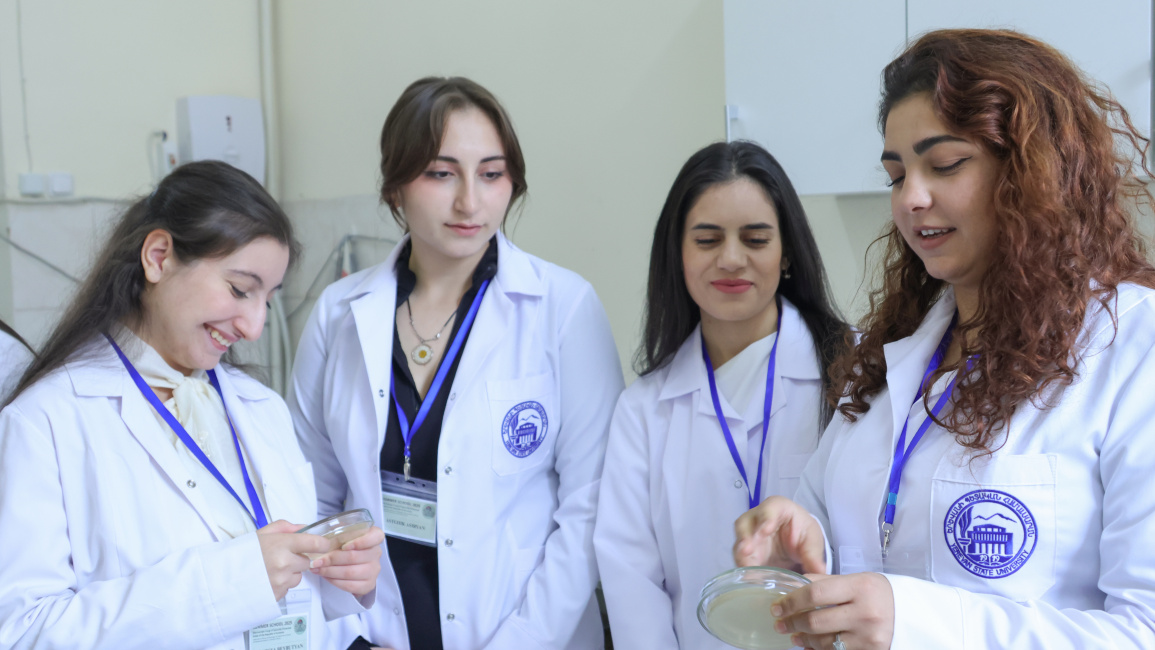
The summer school was organized within the framework of the cooperation agreement between YSU and the University of Vienna, with the support of the "APPEAR Academic Project 373" program. The primary objective is to assess the diversity of mycorrhizal and xylotrophic fungi in Armenia's forested regions and to conduct DNA barcoding of these fungi.
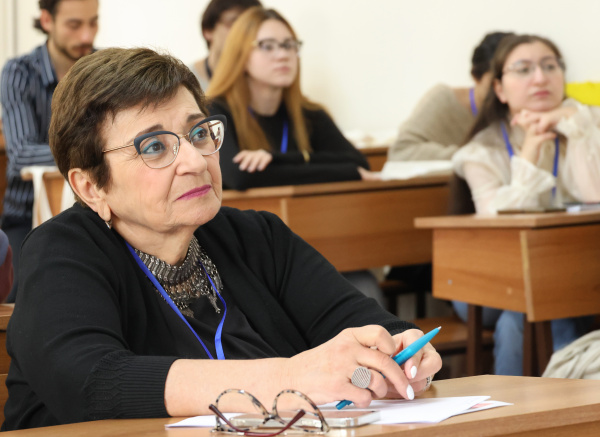
Siranush Nanagulyan, Head of the Chair of Botany and Mycology at YSU Faculty of Biology, Doctor of Biological Sciences and Professor, emphasized the significance of the project: "We prioritize the study of biodiversity because without understanding our environment, we cannot preserve it. With this aim, we proposed a project focused on the study and barcoding of fungi in Armenia’s specially protected areas. Until now, DNA barcoding has not been conducted on fungi in our country — it was mainly applied to plants and animals. We now have the opportunity to use this method for fungi as well, which allows us to carry out research not only at the morphological level but also at the molecular level. This significantly expands scientific capabilities and enables more accurate results. We are passing on all this knowledge and methodology to students by involving them directly in the research process."
During the summer school, students participated in both theoretical lectures and fieldwork. Lectures were delivered by specialists from both Yerevan State University and the University of Vienna, including Professors Irmgard Greilhuber and Hermann Voglmayr from the Department of Botany and Biodiversity Research at the University of Vienna.
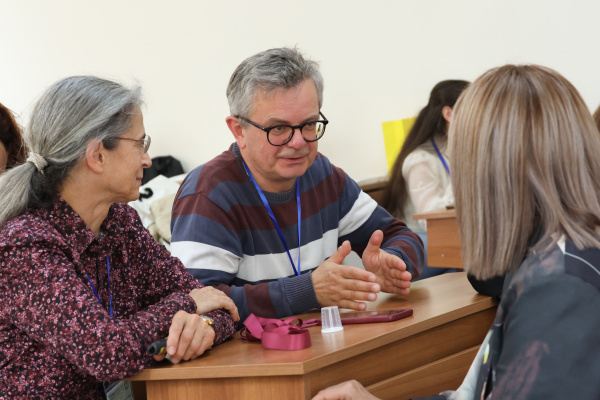
According to Professor Nanagyulyan, some of the key goals of the summer school were to engage students in real research activities, foster their scientific mindset, and familiarize them with the principles of organizing scientific work in an international setting.
"Students not only attended lectures but also actively participated in fieldwork, which gave them hands-on experience in the scientific field and contributed to their professional development," she said.
At the conclusion of the summer school, students will take a final examination, after which they will receive certificates of participation and 3 academic credits.
